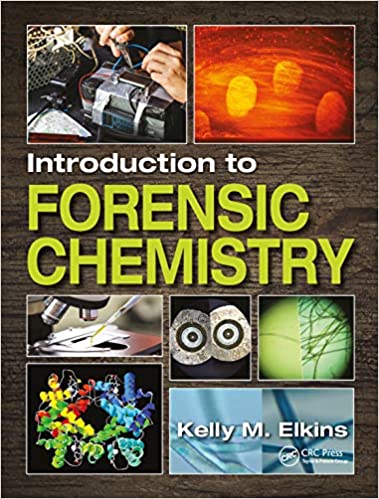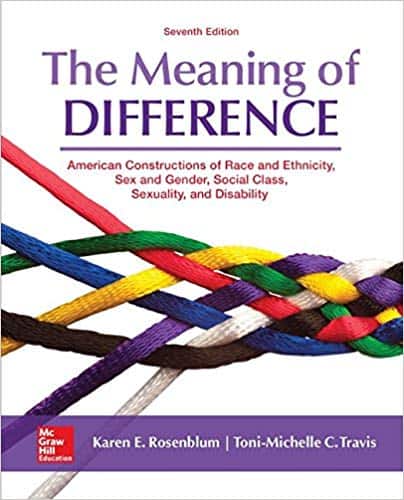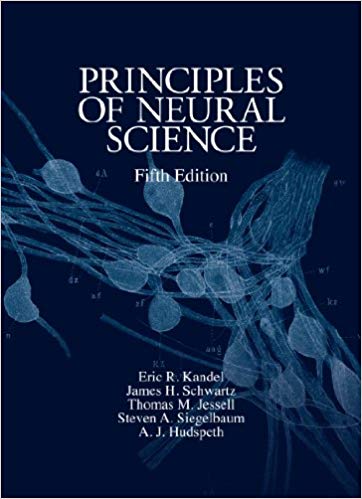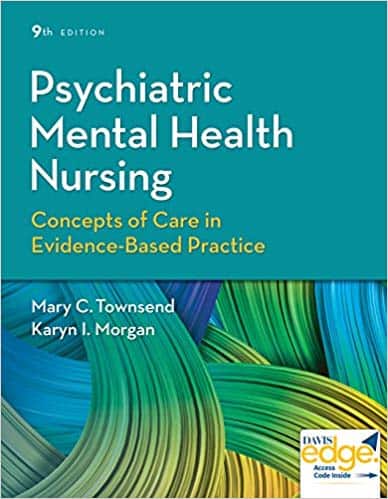Category: E-Books
Forensic chemistry is a subdiscipline of forensic science, its principles lead the analyses performed in modern forensic laboratories. Forensic chemistry’s roots lie in, toxicology, medico-legal investigation, and microscopy and have since led the advancement of modern forensic analytic techniques and practices for use in a range of applications. Elkins’ Introduction
How do many categories of people come to be seen as “different”? What does difference mean at the level of the individual, social institutions, or society? How does being “different” affect people’s lives? What difference does “difference” make? The Meaning of Difference: American Constructions of Race and Ethnicity, Sex and
900 full-color illustrations – Principles of Neural Science, 5th edition (epub) describes our current understanding of how the brain, nerves, and mind function. From molecules to anatomic structures and systems to cognitive function, this comprehensive reference covers all aspects of neuroscience. Widely regarded as the field’s cornerstone reference, the 5th edition
Macionis’ Sociology, 16th Edition, (PDF) empowers students to see the world around them through a sociological lens, assisting them in better understanding their own lives and the world we all share. John Macionis, the author of the best-selling Introductory Sociology franchise over the past three decades, takes students gradually through
Psychiatric Mental Health Nursing: Concepts of Care in Evidence-Based Practice (9th Edition) – eBook
Psychiatric Mental Health Nursing – Concepts of Care in Evidence-Based Practice, 9th Edition, (PDF) – Clearly written, Psychiatric Mental Health Nursing: Concepts of Care in Evidence-Based Practice 9th Edition provides comprehensive coverage of psychiatric mental-health nursing and delivers what nursing students need to meet the challenges of health care today.





